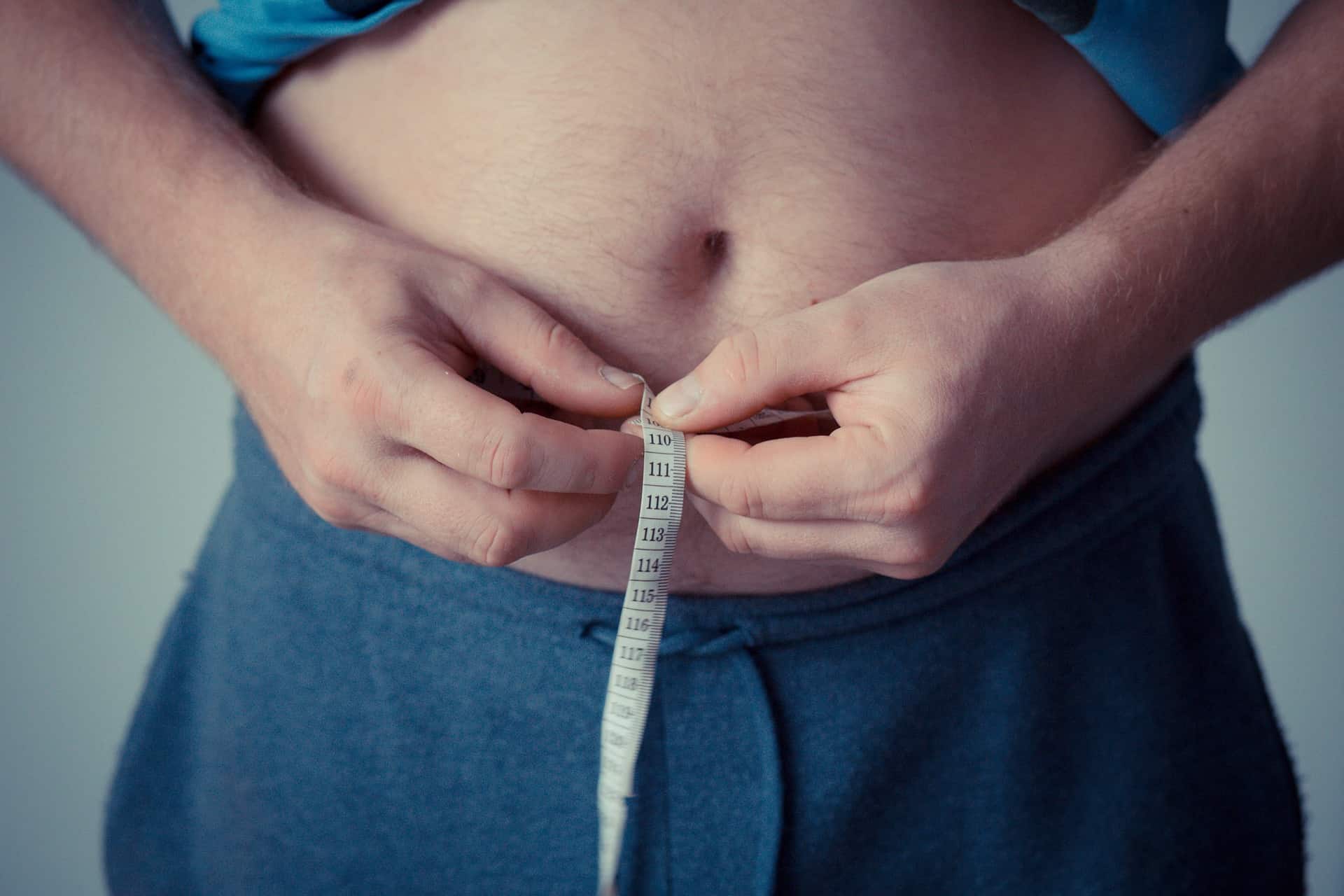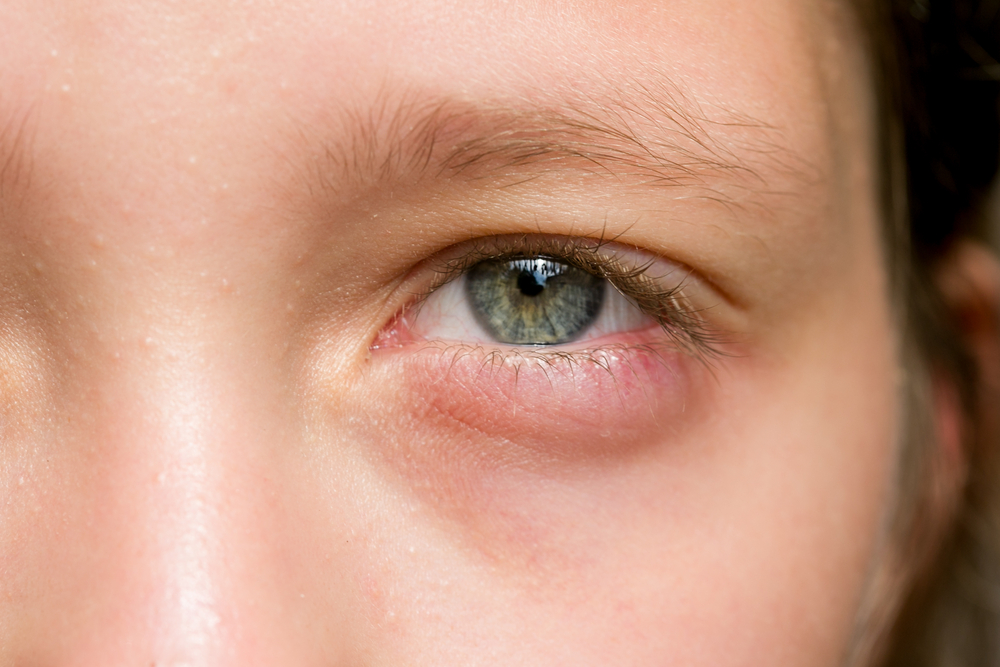Contents:
Medical Video: Pediatric Delirium
- Definition
What is delirium in children?
Delirium is sudden disorientation (speaking irrational things), strange behavior (acting "wild"), and visual hallucinations (seeing things that don't exist), including disruption of judgment and memory. Generally, delirium in a child comes and goes (fluctuating). Children usually experience delirium when a fever is above 39 ° C. Delirium should disappear with decreasing fever.
Illegal drugs can cause a deliritum. Medications for coughing and fever can also cause delirium, especially if two doses are taken together, or one dose is given excessively. Short delirium can occur when a child wakes up in a strange situation, such as the first night while on vacation elsewhere.
What are the signs and symptoms?
Some of the symptoms a person experiences delirium are as follows:
- Change of alertness (usually more alert in the morning and less alert at night)
- Change of feeling (sensation), and perception
- Change in level of awareness or accuracy
- Movement changes (for example, slow or hyperactive movements)
- Changes in sleep patterns, sleepiness
- Confusion (disorientation) about time or place
- Decreased short-term memory
- An unorganized mindset, like talking things that don't make sense
- Changes in emotions and personality, such as irritability, stress, depression, irritability, happiness, excessive
- Do not have an establishment
- Muscle movements produced by changes in the nervous system
- Difficulty concentrating
- How to overcome
- What should I do?
Give your child acetaminophen or ibuprofen. Remove the clothes and put compresses on the forehead and neck, wipe the body surface with cold water. If your child is shivering, raise the water temperature. Do not place your child in the bath tub or bathtub. This can harm your child.
Let your child's room lights turn on. Make sure the person close to your child stays at his side at all times until he feels better. It's better if you convince your child that you will not leave, by touching and talking to him. Tell me where he is now, and who he is, it can make him feel better.
When do I have to see a doctor?
Contact your pediatrician immediately if:
- Delirium occurs when your child's body temperature is normal or less than 39 ° C
- Your child is in a treatment process that can cause delirium (such as antihistamine)
- Possibility of poisoning
- Your child is likely to use illegal drugs
- There has just been trauma to the head (unobserved head trauma and amnesia must be considered
- Stiff neck
- Your child vomits
- Before delirium, your child behaves unnaturally
- Delirium with fever occurs more than 30 minutes
- Delirium has lasted more than 30 minutes
- Delirium still occurs after the fever drops below 39 ° C.
- Delirium has disappeared but other symptoms appear to worry you.
- Prevention
Treating conditions that cause delirium can reduce the risk. For patients treated, avoid using sedatives. Perform treatment of metabolic disorders and infections, and follow a real orientation program that can reduce the risk of delirium in those at high risk of experiencing delirium











